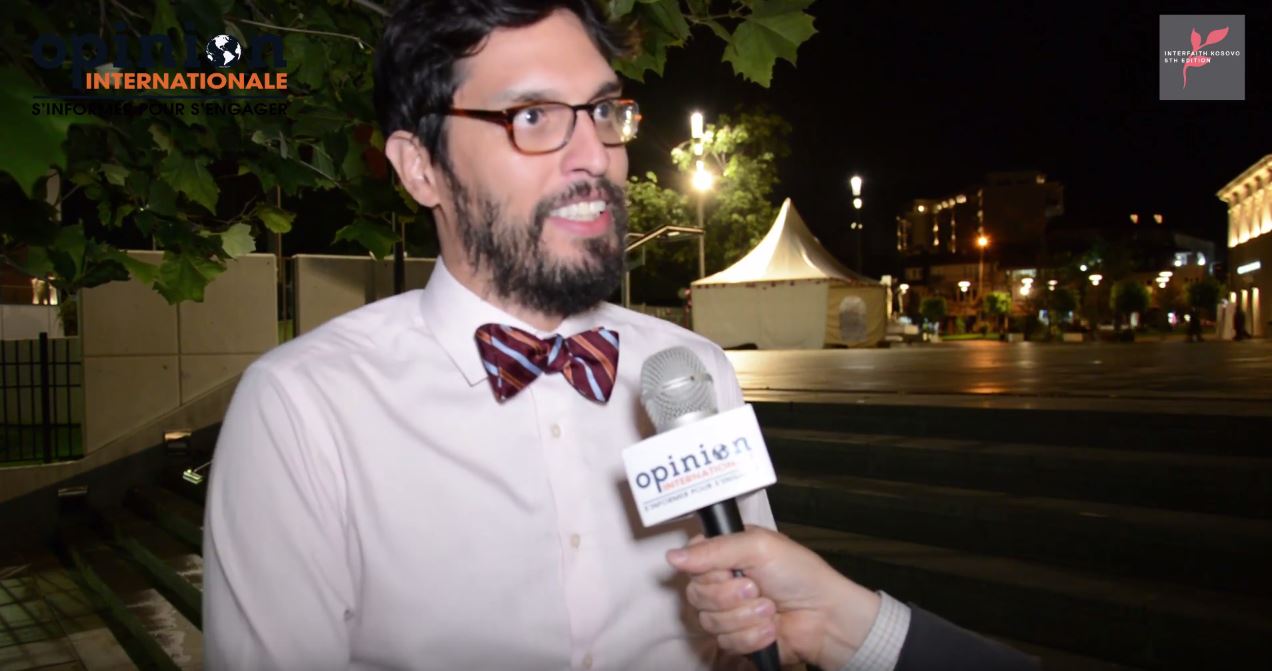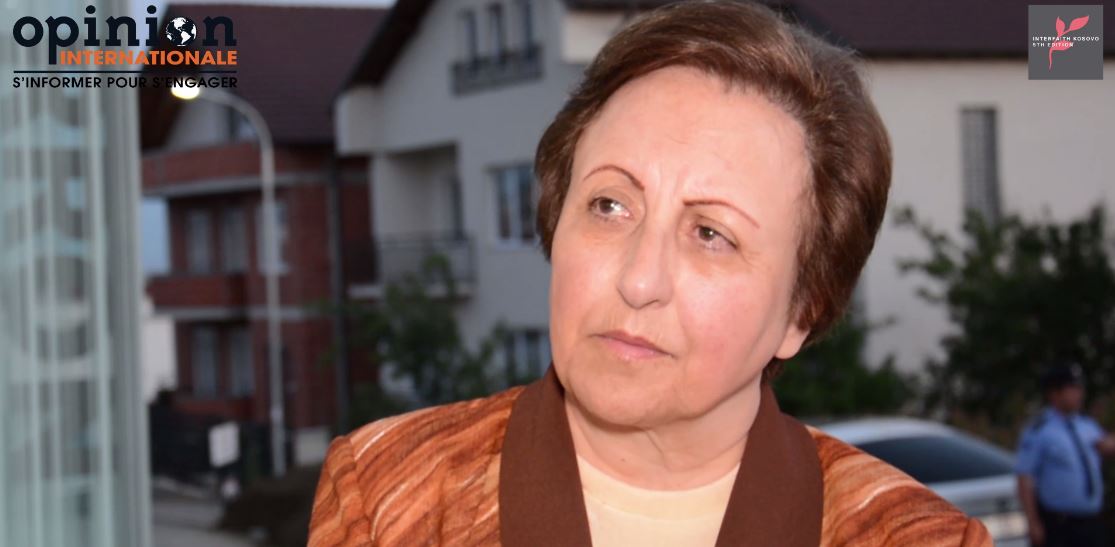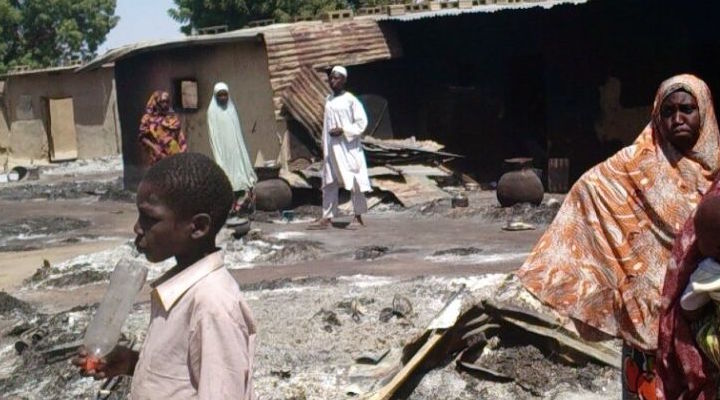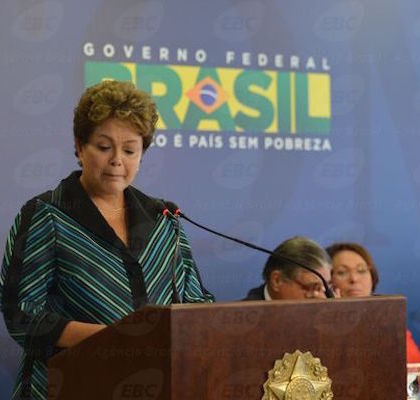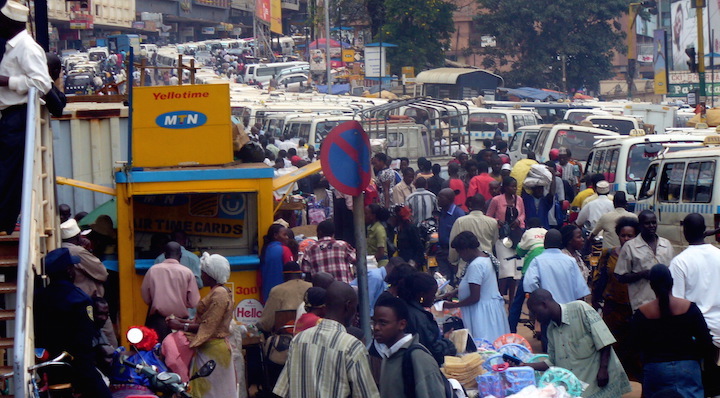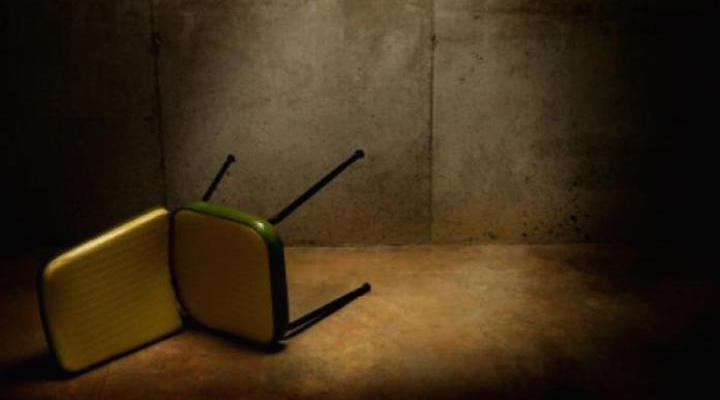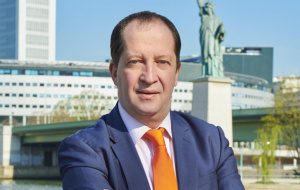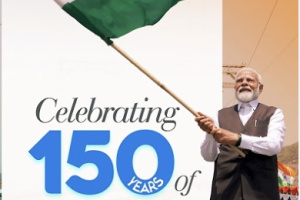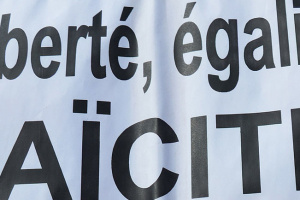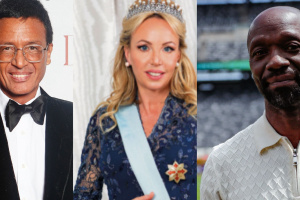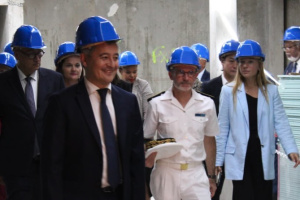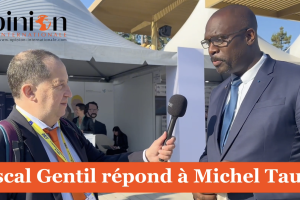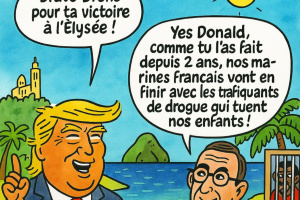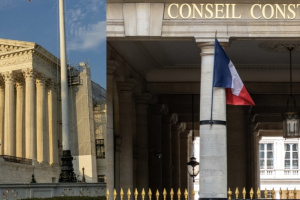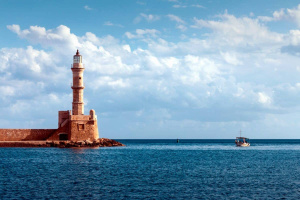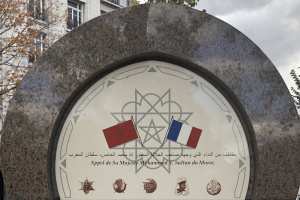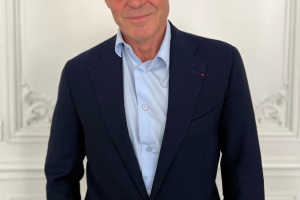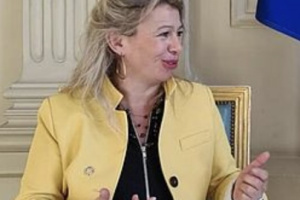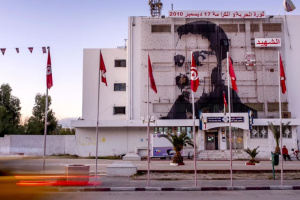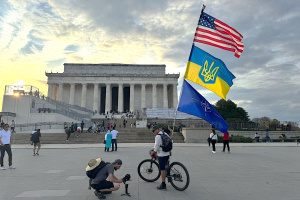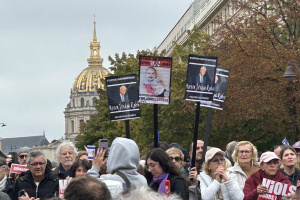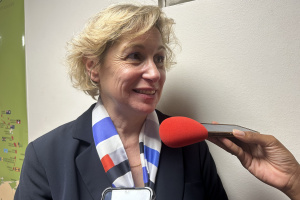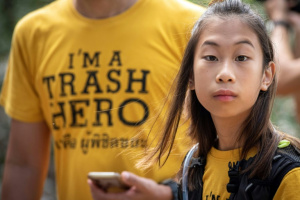Last Wednesday, Kenyan President Uhuru Kenyatta became the first sitting president to appear before the International Criminal Court (ICC) in The Hague where he faces five charges of crimes against humanity for allegedly orchestrating violence after a disputed presidential election in 2007.
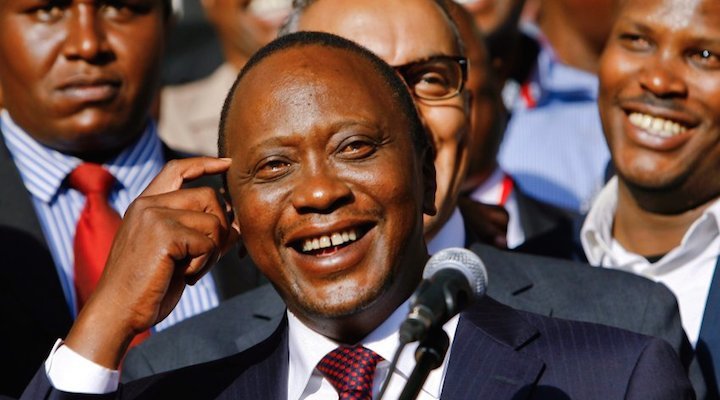
Kenyan president Uhuru Kenyatta is currently facing crimes against humanity charges at the International Criminal Court. © Daniel Irungu
This appearance is definitely an important moment for Uhuru Kenyatta but represents above all a huge moment for the ICC. One can indeed argue that the very presence of President Kenyatta at The Hague on Wednesday was a success for the Court and a proof that international justice is effective. Even if Kenyatta temporarily stepped down from power before attending his appearance and handed over his executive powers to his vice president William Ruto, this moment is significant and symbolic for international justice.
However, and despite this symbolic success, the real problems of the ICC lie elsewhere. The ICC faces huge challenges; in the way it goes about its proceedings but also, and above all, in the public relations battle that it seems to be inexorably losing, especially on the African continent. To such an extent that it is hard not to wonder whether Kenya is the hill the Court’s relationship with Africa will die on.
Proceedings: obstructions from Kenya but ICC blunderings as well
Kenyatta’s hearing on Wednesday was not the kick-off of the trial. His appearance was only to discuss outstanding issues. Judges at The Hague had threatened him with an international arrest warrant should he fail to appear at the pre-trial hearing in person.
The repeatedly-delayed case has seen prosecution witnesses drop out, allegedly through bribes and intimidation. Dozens of witnesses have withdrawn their testimonies amidst reports of witness tampering and, in some cases, disappearances. Judges could decide to send the case to trial or to abandon it after the prosecution said it did not have enough evidence. The decision is still pending.
Steven Kay, counsel for Mr. Kenyatta, asked the judges to throw out the charges on the basis they remained unproven after five years of investigation. The prosecution countered with a request for an indefinite postponement, alleging the Kenyan government had obstructed the search for evidence.
The first difficulty of the ICC is therefore the obstinate lack of effective cooperation from the Kenyan government in handing over records and documents. This is hardly a surprise, of course, given that Kenyatta is now in charge of the government and there seems to be no incentive for cooperation
We must however keep in mind that the ICC operates on a minimal budget with a small staff who is usually involved in multiple conflict-countries simultaneously. With limited resources to cover a global jurisdiction, the ICC relies on domestic states to investigate and prosecute their own cases. The ICC also has no police force of its own. Consequently, when the ICC opens investigations in a country, it depends on domestic governments to arrest suspects and protect the Court’s investigators.
However, lack of cooperation and insufficient resources are not the only issue. If Mr. Kenyatta’s case is on the edge of collapse, it is also because the ICC seems to have blundered some proceedings. Gaps in the prosecutor’s evidence may stem from missteps in the earliest phases of the investigation. Several ICC cases opened under the former chief prosecutor, Luis Moreno Ocampo, who left office in June 2012, have stumbled as they have been tested in court – with charges dropped.
Maina Kiai, former chairman of the Kenyan National Commission on Human Rights, also believes that the ICC is to be blamed. In September 2014, he declared that ICC prosecutors erred in not collecting evidence and witness statements earlier when the violence in Kenya was raw and there was national support for an investigation. Now prosecutors are relying too heavily on documents and face huge hurdles, not least an orchestrated campaign to cast their work as a Western plot.
ICC must win the PR battle
When Mr. Kenyatta emerged Wednesday after the four-hour hearing he declared: « we as Kenyans know where we came from. We know where we are going. Nobody will tell us what to do. » Clearly for domestic consumption, it was a scarcely veiled reference to the view the ICC is « a colonial court » – a judicial instrument of « western » powers « hunting » African leaders.
As many other African states, Kenya and specifically Mr. Kenyatta, has been accusing the court of bias against African countries. Even if people in Kenya reacted with mixed feelings on Kenyatta’s long and delayed decision to participate in the pre-trial hearing in The Hague, many are critical of the ICC thanks to the Kenyan President’s campaign against the court in both the Kenyan and African Union parliaments. Last fall, the Africa Union described the court as a « neo-colonial instrument ».
However, to all that accuse the ICC of being a neo-colonial and racist court, it should be reminded that it is mostly African countries that are parties to the Rome Statute – the treaty that established the ICC in The Hague in 2002. Nearly half of the121 current state parties are African. Out of 54 African states, 33 have signed and, in the majority of cases, ratified the Rome Statute. The large majority of the other state parties are either from Latin America or Europe and Asia is still significantly under represented at the ICC. Three out of the five UN Security Council members are not a State party either: China, Russia and the U.S.
It is also important to note that the jurisdiction of the ICC encompasses only crimes committed after 1 July 2002. Thus, neither international crimes committed in Latin America during the 1970s and 1980s nor the war in the Former Yugoslavia fall under the jurisdiction of the ICC.
Finally, and maybe most importantly, one has to bear in mind not only the Court’s limited jurisdiction, but also the fact that the ICC only acts as a court of last resort.
On one hand, the ICC has been incapable of reminding these simple facts to public opinion and on the other, the « perception game » of the ICC in Africa seems to be one that the Court doesn’t want to play, or plays very badly. Mark Kersten who focuses on the nexus of international criminal justice and conflict resolution says the problem boils down to « perception » – how the ICC has communicated its work and decision-making.
The Court has too often blamed its negative perception on external sources – media, academia, etc. -, refusing to take responsibility for how it is perceived by others. Mr. Kersten thinks it « unwise and possibly even dangerous to refuse to understand how you are perceived by others […]. It is a refusal that demonstrates, above all, immaturity ».
Immature, maybe… But not one European country has openly and clearly backed the ICC. In the case of Kenya and President Kenyatta, the almost complete lack of international pressure makes the ICC’s work much harder, even if we can agree that progress must be made in terms of « public relations ».
Internationally, western countries who may be able to influence Kenya’s behaviour – in particular the U.K. and the U.S. – are deterred by Kenya’s importance in the fight against Islamist extremism in east Africa. They fear that by openly criticising the Kenyan government, they may lose a valuable ally in the war on terror. What this all adds up to is a very slim chance of a successful prosecution against Kenyatta.
Victims demand justice
Africa is not monolithic and many states continue to support the ICC and its mandate. Many African citizens don’t share the views of their governments and, in fact, would like to see them held accountable. Victims of Kenya’s post-election violence who have been seeking accountability for more than five years see the ICC as their only hope for redress. The victims of violence, whether it be in Kenya or elsewhere, put great hope in the ICC’s indictment.
The ICC faces a daunting challenge that goes far beyond Mr. Kenyatta’s case. It has to prove – and convince the world – that perpetrators can be held accountable, especially on the African continent.















